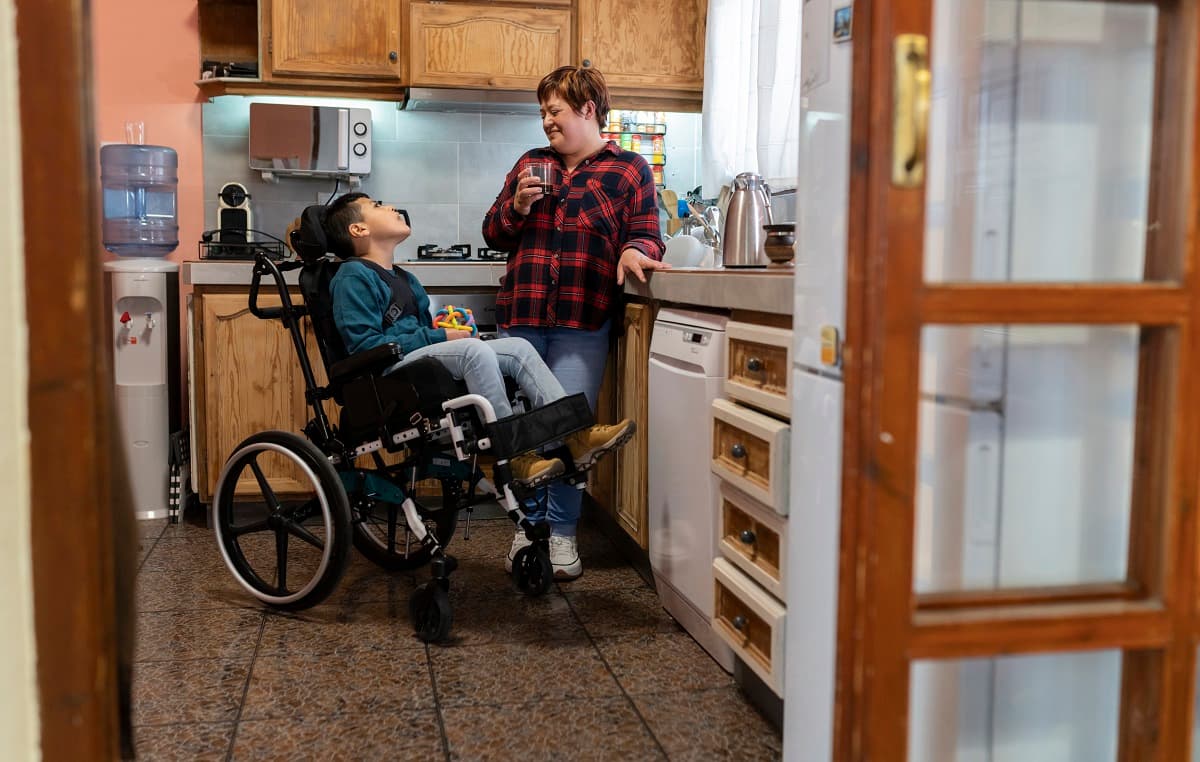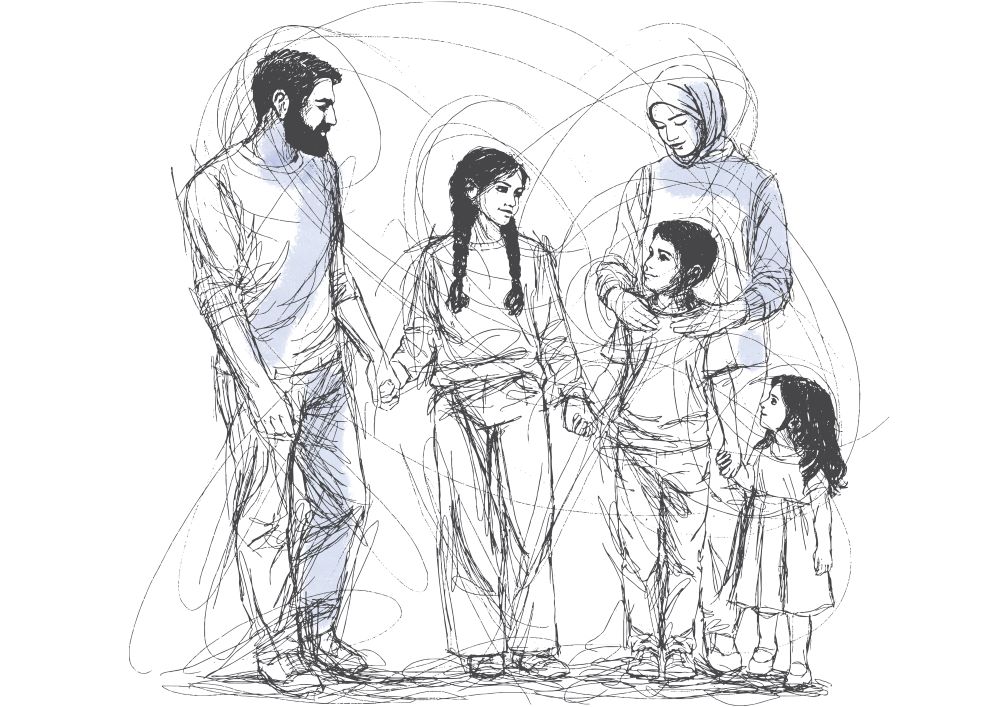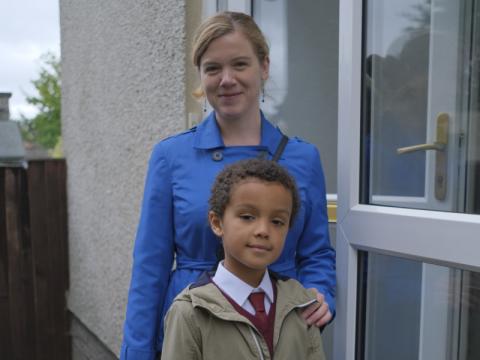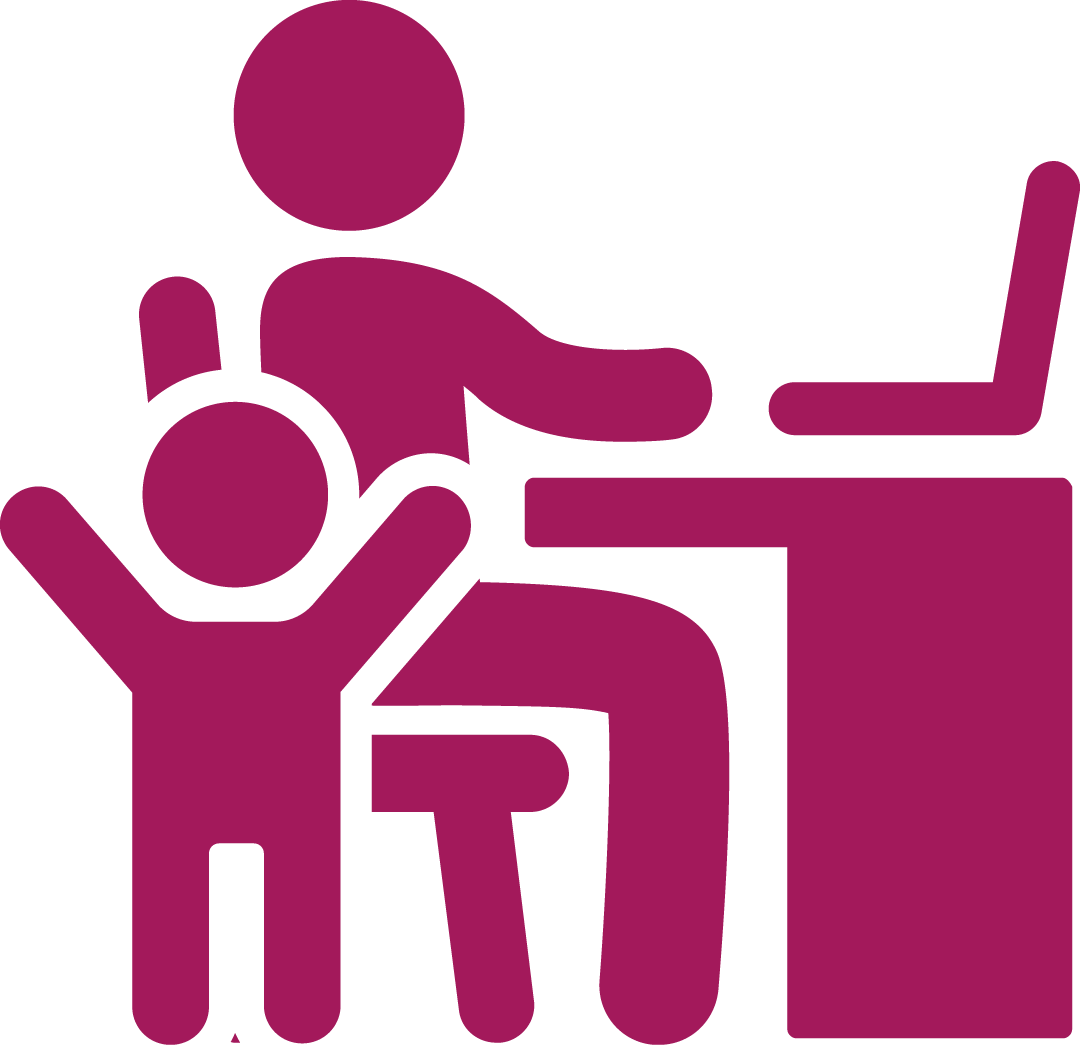Finding a job can be tough, especially if you’re looking for something that fits around childcare and other commitments. But if you’re looking for work, or have been affected by redundancy, there are lots of organisations that offer support, training or advice.
If you’re not sure where to turn, your local council's employability service is a great place to start. They can help support you into employment in a way that works for you.
Local council employability services
Use the dropdown list below to find out more about your local council's employability service.
General help and support if you're looking for a job
The My World of Work website can help you at every stage of your working life, from learning and training to changing careers. It also has advice for parents and carers, to help you support your children to find the right career for them. And it offers a helpline you can call for advice.
If you’d prefer to talk to someone face to face, you can also get help at your local Jobcentre Plus.
The following sites are a good place to start if you’re looking for a job:
- If you’re interested in working in the public sector (for example, for your local council) the My Job Scotland website is the place to go.
- The UK Government’s Find a Job website lists vacancies in Scotland, England and Wales.
Help and support if you’re on a low income
Local council services
Local Authorities and other organisations like charities are working together to deliver employability services in your area. These local employability services help people of all ages boost their skills and confidence by helping them prepare for employment, training, education and/or volunteering. There is specific support available for parents in every area.
This isn't a 'one size fits all' programme. If you join the service you’ll get tailored support from a key worker that’s designed to meet your needs. So for example you could get help with writing your CV, interviews or applying for jobs. Or you might get help applying to college or accessing training – whatever you need. Your key worker can also help you access other services if that's what you need to move into work.
These services won’t push you to do work that doesn’t suit you, and taking part is entirely voluntary. So if you decide it’s not for you, you can leave the scheme and you won’t lose any benefits you’re currently receiving.
For further information you can contact your local council's Employability Team. Use the dropdown list above to find out more and get in touch with the team in your area.
Fair Start Scotland
Fair Start Scotland can support you if you’ve struggled to find a job which meets your needs, for example, because of your caring responsibilities or because you are disabled. The scheme provides support to many people, including those at risk of becoming long-term unemployed, to support them to find and stay in work. Depending on your situation, you can get up to 12 months of tailored support to access employment and a further 12 months of in-work support.
You’ll be eligible for support from Fair Start Scotland if:
- you live in Scotland and have the right to work in the UK, and
- you’re over 18 and out of work, or
- you’re 16 or 17 years old and disabled, or
- you get Employment Support Allowance or Universal Credit.
Find out more by calling the Fair Start Scotland line on 0800 804 8108 or visiting the MyGov.scot website.
Help and support if you're claiming Universal Credit
If you’re unemployed and claiming Universal Credit you can get support from a Work Coach. They can help with all sorts of things, from getting your CV up to date and interview techniques to matching you up with suitable job opportunities. They can also help with practical things like getting to interviews and childcare. Visit the JobHelp website to find out more.
Help and support from the Flexible Support Fund
If you’re claiming certain benefits (including Universal Credit) and you’re getting support from a Jobcentre you may be able to get help from the Flexible Support Fund (FSF). A grant from the FSF can help pay for things like clothing to start work, up-front childcare costs and travel. You don’t need to pay the grant back once you start working.
Contact your local Jobcentre or ask your Work Coach if you can get help from the FSF.
Help and support for young people
There are lots of schemes that help young people move into the workplace. As well as getting help from your local council's employability team and Fair Start Scotland (see above) the following may also help.
Our pages on supporting young people to leave school and options for young people leaving school have lots more information and advice.
My World of Work
My World of Work offers a helpful School Leavers Toolkit to support them as they make the move into the post-school world. The Toolkit covers a range of topics including mental well-being, work and pay, finances, moving out and housing options, community involvement and young people’s rights. It also includes an opportunity finder where young people can search for courses, apprenticeships and volunteering all in one place.
Apprenticeships
Apprenticeships are designed to help you learn by doing and getting hands-on experience with an employer. This is also known as work-based learning. You can find out more at the Apprenticeships.scot website.
PlanIt
If you’re unsure about what you want to do, the PlanIt website helps young people find the right career, and has lots of information on applying to college or university, applying for jobs, going for interviews and what to expect when you start college, university or your first job.
Job Start Payment
If you’re aged 16-24 (or 16-25 and a care leaver) you may be able to apply for Job Start Payment to help you with the costs of starting a new job. You can find out who is eligible and how to apply on the MyGov.scot website.
Help and support if you're disabled
Access to Work
As well as the other resources listed above, if you have a physical or mental health condition or disability, Access to Work can help you get or stay in work. You can apply for:
- a grant to help pay for practical support with your work (for example, to pay for a BSL interpreter or to get a taxi to work if you can’t use public transport)
- support with managing your mental health at work
- money to pay for communication support at job interviews.
You can find out more about Access to Work here.
Disability Information Scotland
Disability Information Scotland offers information on a range of topics, including education, training and work – you can contact them via their helpline on 0300 323 9961 or by text, email or contactSCOTLAND-BSL.
You can also search the Scottish Disability Directory to find advice and support on a certain topic or in your local area.
Help and support if you're facing redundancy
If your employer decides that your role at work is no longer needed, you may be made redundant. This could happen if, for example, the place you work is closing down, or the number of people needed to work there changes. Employers have to go through a set process before making you redundant, and if you’ve worked for them for over 2 years you should also get redundancy pay.
You can find out more about your rights if you’re at risk of redundancy on the ACAS website.
You can get more advice about redundancy on the MyGov.scot website.
Benefits if you’re made redundant
Depending on your circumstances, you may be able to apply for benefits once you’ve been made redundant. You can find out more about this on the gov.uk website.
Support from PACE
PACE offers advice and support to anyone who has been made redundant or is at risk of redundancy. This includes:
- information on rights and entitlements, benefits entitlement and tax calculation
- help with your job search
- CV writing, application forms and covering letters
- preparation for interviews
- identifying learning and training opportunities
- starting up a business
- making the most of your money
- coping with redundancy-related stress
- one to one counselling.
Call the national helpline on 0800 917 8000 or visit the My World of Work website to find out more.
Help with wellbeing and mental health
Job hunting can be stressful and frustrating, and sometimes can leave you feeling a bit down. And between looking for a job and looking after your family, you might forget to look after yourself. So don’t forget to take some time out to do something you enjoy, like chatting to a friend, listening to music or maybe having a nice long soak in the bath.
If things do start to get you down, there are lots of people who can help, starting with your GP. You can find organisations that can help in our Family Support Directory. Our page on mental health advice for parents has more tips and advice.
 Activities & Play
Activities & Play Behaviour
Behaviour Childcare
Childcare Development & Growing Up
Development & Growing Up Family, Friends & Relationships
Family, Friends & Relationships Feeding Your Baby
Feeding Your Baby Food & Eating
Food & Eating Health & Safety
Health & Safety Mental Health & Wellbeing
Mental Health & Wellbeing Money & Work
Money & Work Online Behaviour & Safety
Online Behaviour & Safety Pregnancy & First Days
Pregnancy & First Days School & Education
School & Education Sleep
Sleep












 Childcare
Childcare
 School & Education
School & Education